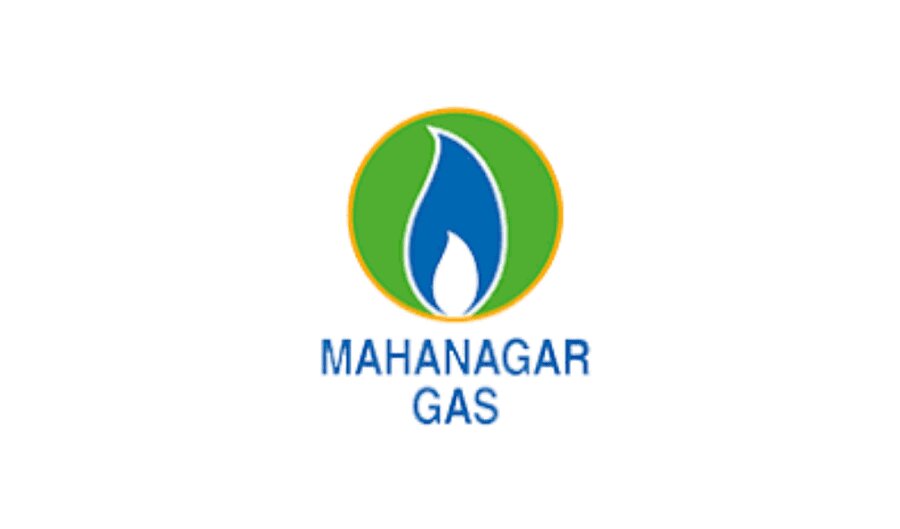Shares of city gas distribution companies, including Mahanagar Gas Limited (MGL), came under selling pressure on November 18 after the government announced a further 20% cut in the Administered Price Mechanism (APM) gas allocation for the second consecutive month. This move has significantly impacted the profitability outlook of CGD players like MGL and IGL.
As of 9:15 am the shares were trading 9.65% lower at ₹1,185.95 on NSE.
MGL confirmed an 18% additional cut in domestic gas allocation, over the previously announced ~20% reduction in October. This steep reduction has sparked concerns about higher input costs and deteriorating margins.
- Brokerage Downgrades: Jefferies downgraded MGL’s rating to ‘underperform’ with a reduced target price of Rs 1,130 per share. EPS estimates for MGL were cut by 31% due to the rising replacement costs of gas and shrinking margins.
- Profitability Concerns: Analysts estimate that EBITDA per standard cubic meter (EBITDA/scm) could decline by Rs 2.7-3, necessitating price hikes of Rs 4.5-4.8/kg to partially recover lost margins. However, CGD companies have not yet implemented any price hikes, exacerbating the negative sentiment.
Market reaction and outlook
City gas stocks, including MGL and IGL, had previously experienced heavy selling pressure in October following the initial APM gas cuts. The further reductions have prompted warnings of significant margin deterioration, with no clear policy communication from the government. Analysts have also downgraded Gujarat Gas to a ‘hold’ due to similar concerns.
Investor sentiment and sector outlook
The lack of clarity on future pricing strategies and the abrupt pace of APM gas allocation cuts have added to market pessimism. While CGD companies are exploring options to mitigate the impact, brokerages like Emkay Global and Nuvama Institutional Equities have flagged a potential 43-63% hit to EBITDA in FY26 if price hikes are not implemented.
The downward pressure on MGL’s shares reflects broader concerns in the sector, as companies grapple with rising input costs and limited domestic gas supply


